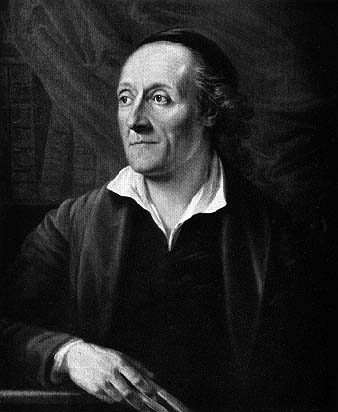“Como são poucas as nossas necessidades reais, e como são imensas as aspirações.”
Johann Kaspar Lavater, citado em "Frases Geniais" - Página 59, PAULO BUCHSBAUM, JAGUAR - Ediouro Publicações, 2004, ISBN 8500015330, 9788500015335440 páginas
Atribuídas
